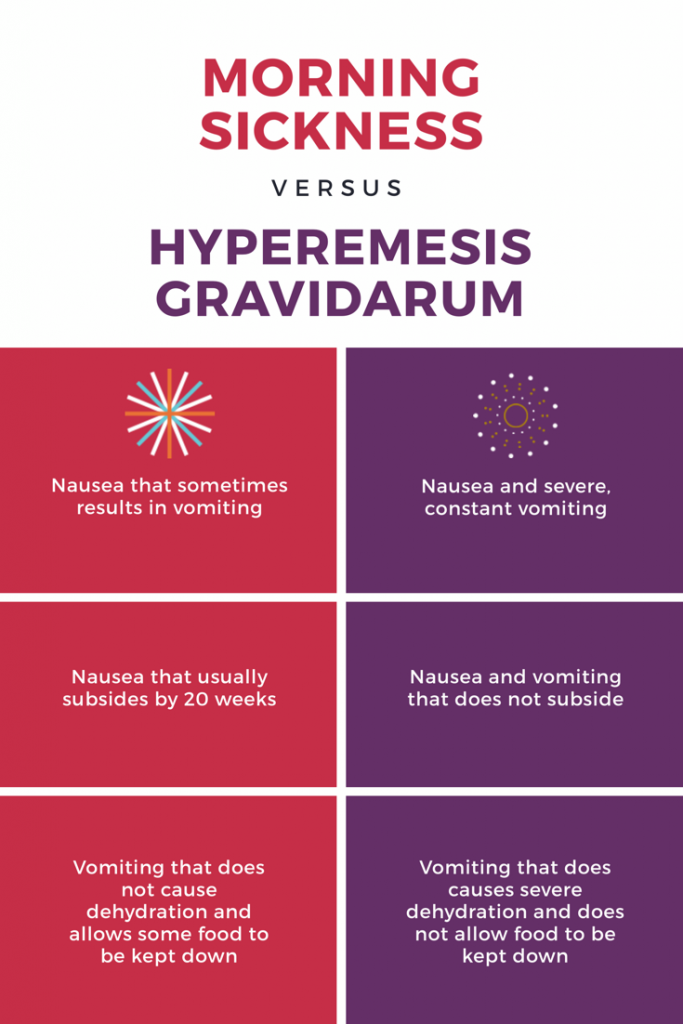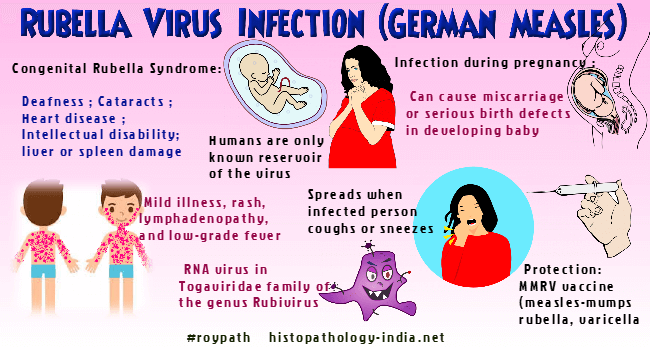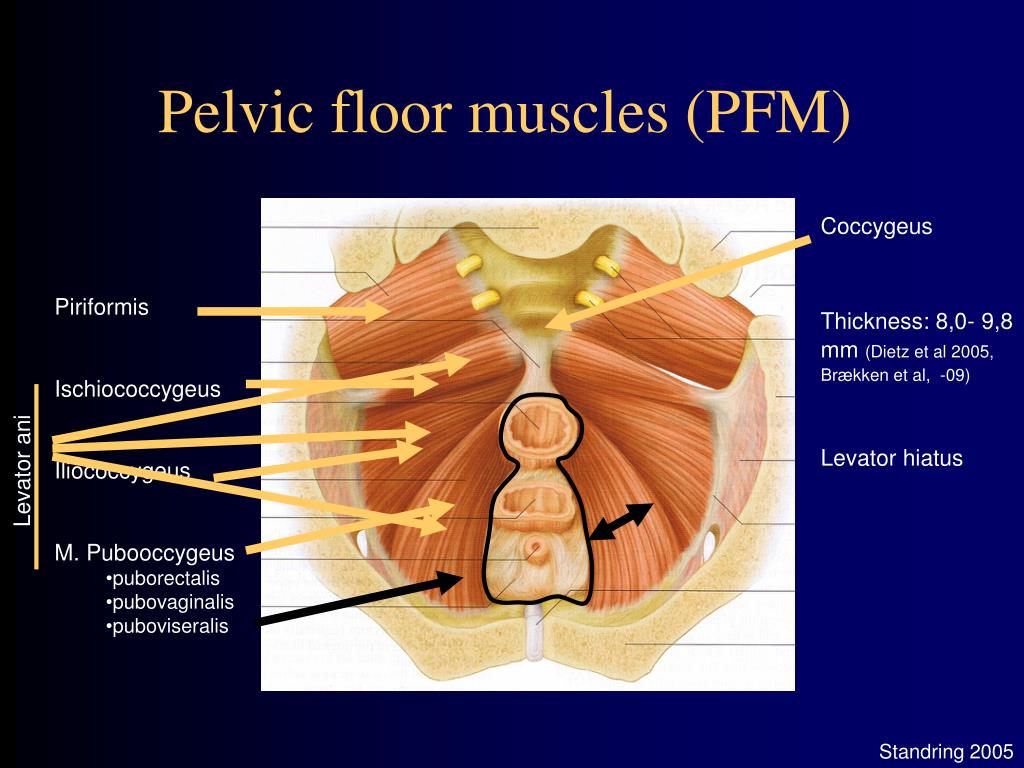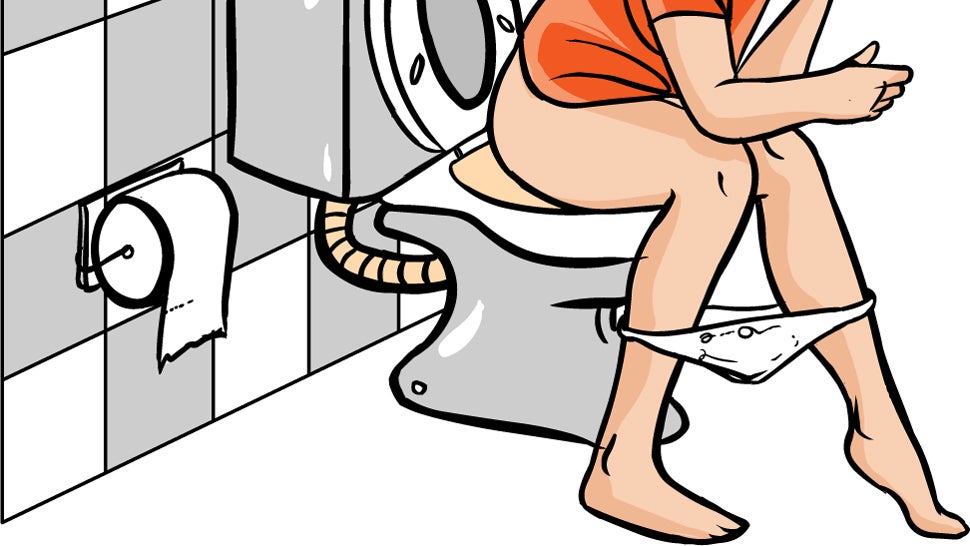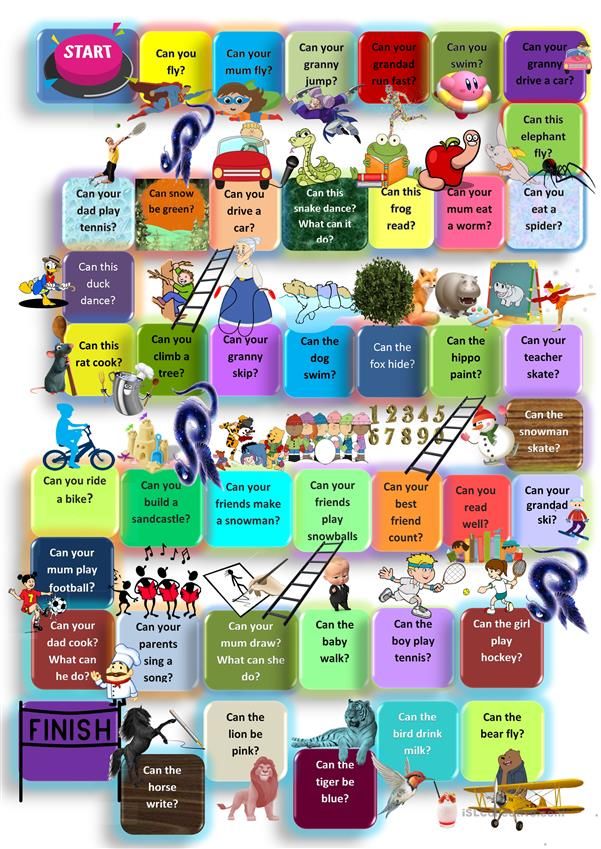How to teach your child good manners
Bright Horizons | Teaching Children Good Manners & Behaviors
Article posted by Bright Horizons on February 1, 2020
A perfectly mannered child (or adult for that matter) is probably a mythical creature. Its human to make mistakes while interacting with others, and its important to use those times as teachable moments for children.
Raising caring kids who are well-mannered can be a challenging task, but there are a few basics that can help pave the way.
- Express gratitude. Teach your child the importance of thanking people for gifts and other acts of kindness. For example, encourage him to express his appreciation by saying or writing a prompt and personal thank you note for birthday gifts on special stationery or note cards. A preschooler can dictate his words to you and draw a picture or sign his name. School-age children can even send an email to thank someone.
- Make your empathy visible.
Help your child understand that teasing a friend or saying unkind things will make others feel bad. Ask questions such as, "How would you feel if someone pointed at you and started to laugh?"
- Praise good behavior. Let your children know how proud you are when you "catch" them being polite. Before long, good manners will become second nature to them.
- Show your disapproval and explain why. If our expectations are appropriate and understood by children and the children dont meet them, disapproval is not only okay, it is important. When children misbehave, they need us to tell them that we expect more from them and explain what "more" is.
The National Association of Elementary School Principals offers parents these additional ideas to help raise children with good manners:
- Help your child use words, not actions. Many times, young children behave badly because they dont know how else to express themselves. Play out some of the situations with which your child is having trouble, and show her how to respond calmly and firmly with words instead of actions.

- Take turns. Children must understand that they have to wait for their turns, just like everyone else. The playground provides education in this area: establish zero tolerance for playground behavior such as pushing, crashing a line, or bullying. The same goes for interrupting.
- Share. Help your children understand the importance of sharing with others in school and in life. Encourage good behavior by complimenting them when you see them sharing with others. But also let them know that its the kind of behavior you expect.
- Provide rest and good nutrition. Children tend to behave badly when they are tired or hungry. Make sure they get enough sleep and nutritious food.
- Be honest. While "fessing up" to misbehavior is sometimes difficult and painful for children, they must understand that honesty is the best policy. When they admit doing something wrong, tell them that you would have been angrier or more disappointed if they hadnt admitted their mistake.
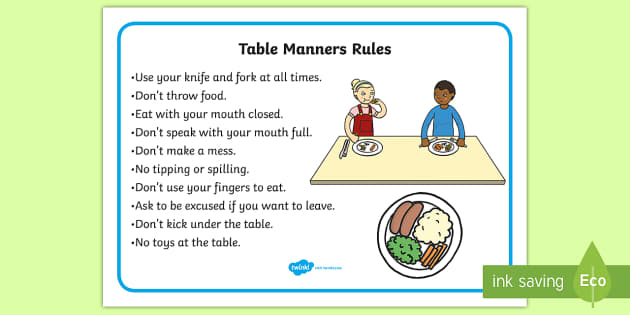
We all want our children to be respected and well-liked by others. Childrens Manners Consultant, Kerry Preston, explains, "Practice, practice, practice. The best way to practice having great manners is to be nice to mom, dad, and siblings. This is when most of us are at our worst." Developing, demonstrating and teaching good manners are lifelong lessons. Be patient with your childs developmental limits. Preschool children are just beginning to develop empathy and understanding that the world involves some pretty complicated rituals. Young school-age children are still sorting through what is rude and what is exuberant. Refinement of social skills can take years to master.
By doing the best you can most of the time and expecting the most from your children with your gentle guidance, parents will see good behavior they can be proud of.
- Here are 10 table manners rules to teach children to keep dinner time under control.
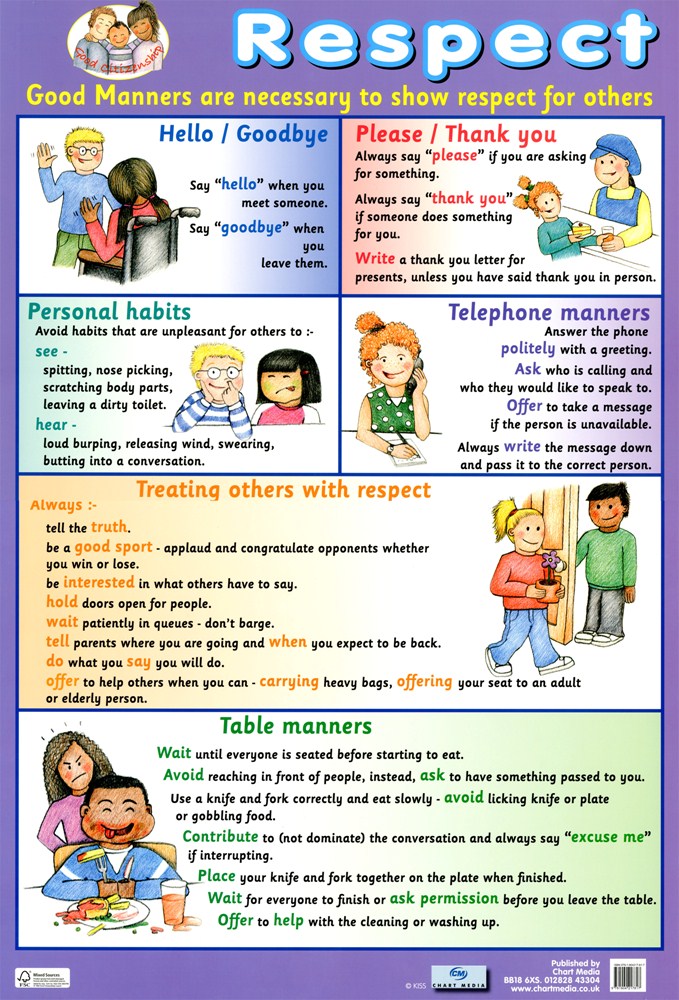
- Reading to children can have many benefits including teaching manners and good behavior. Find examples of childrens books that teach positive behaviors!
- How should children address adults? Our mom blogger discusses this tricky childrens etiquette question on our parenting blog.
- Our community parents share ideas about children and table manners.
- Growing Givers is a resource to help you find age-appropriate activities, projects, and volunteer opportunities to encourage empathy, caring, and compassion for the world and all its people.
11 Good Manners for Kids to Teach Your Children, Please (Plus 10 Convos to Have RIGHT NOW!)
Manners for Kids: Having Good Manners is an Incredibly Important Life Skill
It’s hard, but developing your kids’ manners beyond Please & Thank You is critical.
And like so many other things, getting kids into the habit of using manners at an early age makes things much easier in the long haul.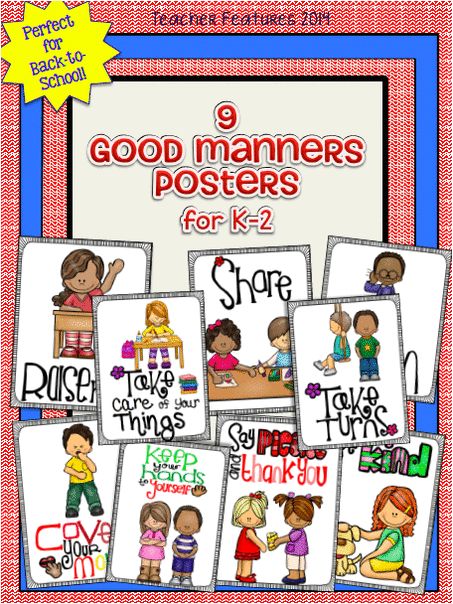
As my kids age and begin to play away from home and interact with teachers and parents, I’m noticing that they don’t always use eye contact when speaking with others and they often forget to say “excuse me.”
I’ve also noticed that simply telling them to practice these good manners isn’t enough.
To develop good manners in kids, they need to know why this is important for them. After all, they see their father and me using manners all the time, so they know that these are things that people are supposed to do, but kids want to know what the point is.
When I explain the why behind certain manners, their eyes light up with comprehension. “Ohhhh,” they say. “Okay!” And they begin to practice it.
To start working on manners for kids, try to model the kinds of behavior you want to see in your children.
Trust me—they are paying attention. (Even when you don’t want them to!)
AppleTree & Gilden Woods Early Care and Preschool
AppleTree & Gilden Woods Early Care and Preschool is a family of child care locations.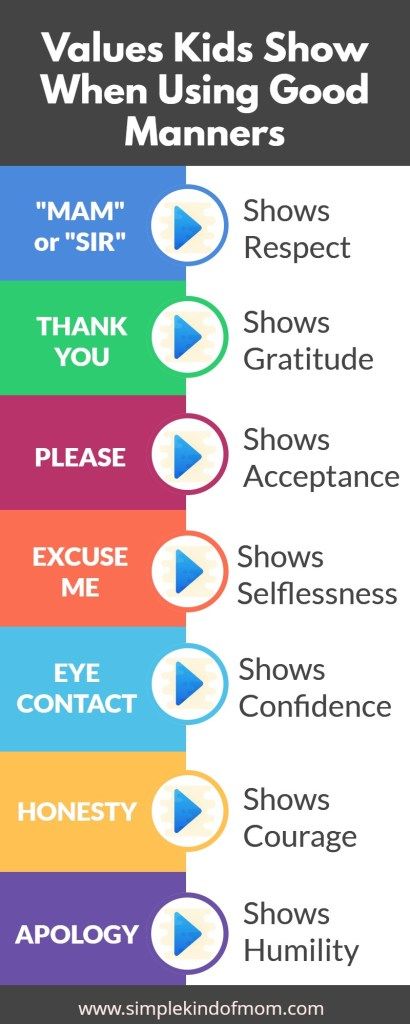
Inside and out, we provide a safe environment for children ages six weeks to school-age in facilities that feature secure web camera access for parents.
Learn More
11 Good Manners for Kids
Here are what I consider to be the 11 most important manners for kids and my reasons WHY they are important.
While many of these seem like common sense, kids don’t know what’s expected of them until you explain it. Make your expectations clear, and then model it yourself so they can see these good manners for kids in action.
1) Say please. This shows consideration for others.
2) Say thank you. This demonstrates appreciation and gratitude.
3) Look people in the eye when you speak to them. It’s a good way to show respect for the other person. (**Please note that neurodivergent people struggle with eye contact. It’s smart to teach kids that not all adults will hold eye contact. It’s also wise to observe your child to see if they don’t maintain eye contact because they are simply unable to.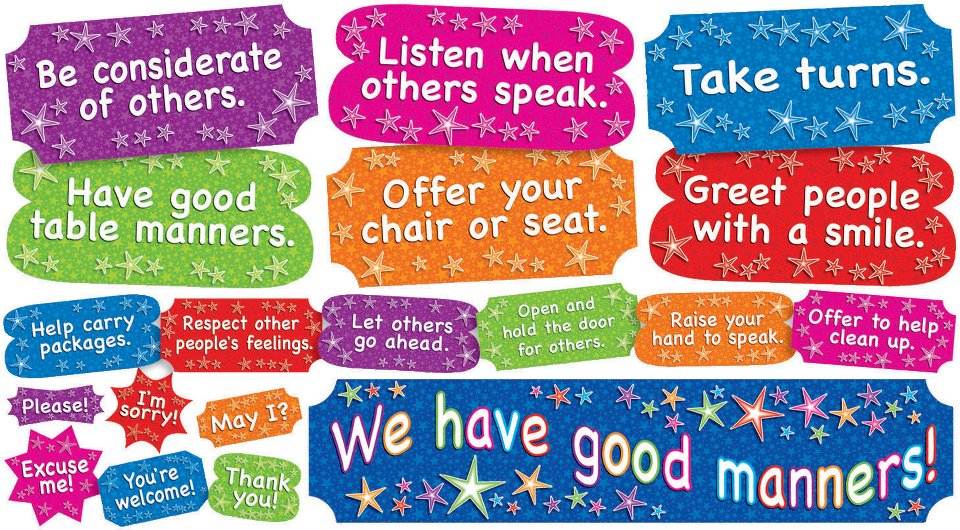 )
)
4) Apologize. It shows empathy and that you are taking responsibility for your actions.
5) Smile & have a good attitude. This makes everything better for yourself and others!
6) Make small talk. This is an important social skill for friendships and, later in life, getting and keeping a job.
7) Ask questions of others. This shows interest in others’ ideas and feelings.
8) Say excuse me. This shows consideration for others.
9) Look for opportunities to compliment others. This makes others feel good and helps with reciprocal relationships.
10) Share. This shows others you care, and helps you to think of others, makes you appreciate what you have.
11) Treat others the way you want to be treated. Covers all bases!
Reinforce Good Manners for Kids
Reinforcing good manners isn’t hard but it is something that needs to be deliberately undertaken.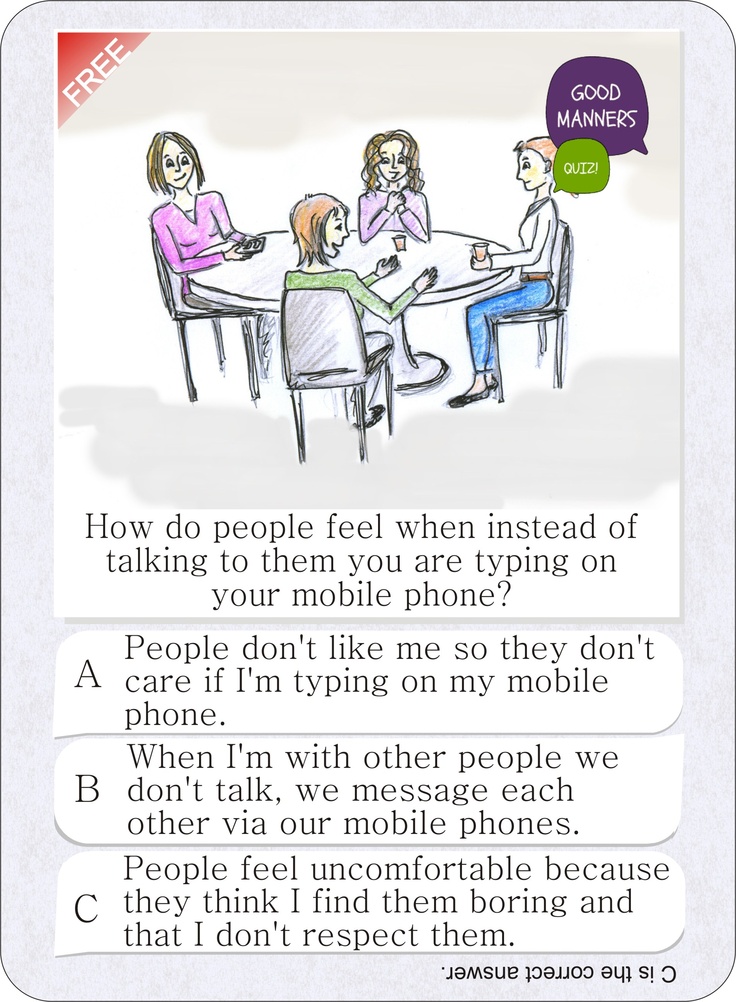
Here are several ways I’ve found that work to foster good manners for kids:
1) Cement Good Manners by Reading a Book about Manners
RECOMMENDED BOOKS TO HELP WITH MANNERS FOR KIDS
Some of my favorites include Please Say Please, Perfect Pigs, Dude, That’s Rude, Are You Quite Polite, The Berenstein Bears Forget Their Manners, and The Thingamajig Book of Manners.
Most should be available through your local library, bookstore, or using the linked images below.
Please Say Pleaseby Margery Cuyler
Reading Age: 3 – 5 years
Perfect Pigs: An Introduction to Mannersby Marc Brown
Reading Age: 2 – 8 years
Dude, That’s Rude!by Pamela Espeland
Reading Age: 2 – 8 years
Are You Quite Politeby Alan Katz
Reading Age: 2 – 8 years
The Berenstein Bears Forget Their Mannersby Stan Berenstain
Reading Age: 3 – 7 years
The Thingamajig Book of Mannersby Irene Keller
Reading Age: 6 – 8 years
2) Give your kids “the talk”
Before going to school, the store, a friend’s house, or relatives’ house, emphasize the manners for kids that you expect them to follow.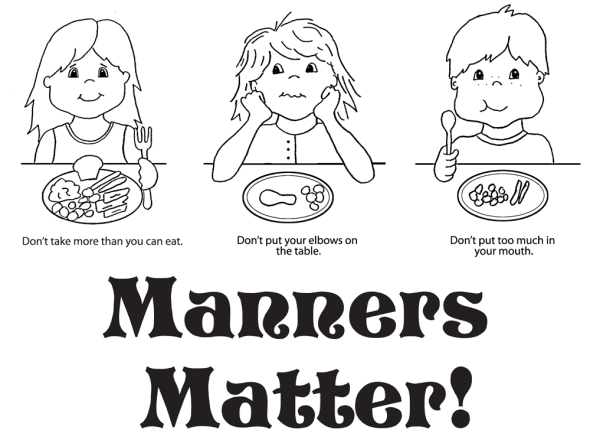 It sounds basic, but a quick reminder about what your expectations are for behavior can go a long way!
It sounds basic, but a quick reminder about what your expectations are for behavior can go a long way!
3) Create your own list of family manners
Focus on the ones that are important for your own family. State them in a positive way and post them somewhere as a reminder for everyone.
4) Make a manners competition within your household
Have a marble jar or a sticker chart for every family member and give each other points for using good manners. At the end of the week, let the winner pick dessert for the night, choose a fun family activity for the night, have the evening off from chores, or some other incentive of his or her choice.
5) Come up with a fun phrase or sound
Choose a sound to serve as a reminder for one another when manners are forgotten. Some ideas: a buzzer sound, “rewind,” “oops, you forgot something,” or “let’s try that again.”
10 Things Parents Really Need to Talk about with Their Kids
Regular communication between parents and kids is not only the key to good manners, but it’s also important for their safety and emotional health.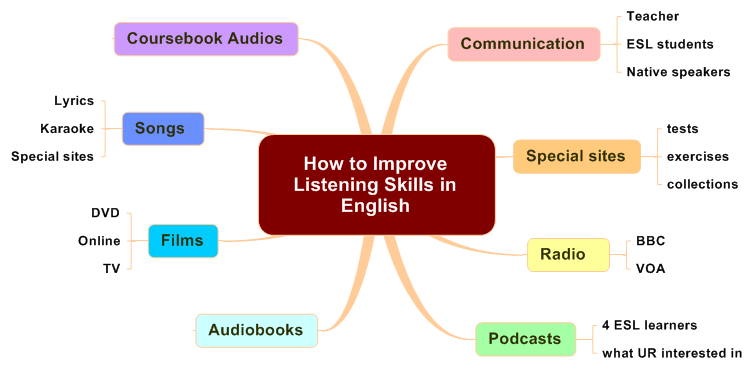
Over my many years of working as a school social worker and my many years as a parent, I have come up with a list of 10 things that all parents really need to talk about with their kids.
Yes, there are probably more than 10 conversations you need to have with your child over the course of their lifetime, but these are the biggies. Some of these topics will be a one-time thing, but many of them should be more ongoing.
Here they are, in no particular order:
1) Believe in Yourself
Self-confidence might be the most important factor in life success and overall happiness.
And no, I am not talking about the overconfident trash-talking kid (or coworker!) that we all know and love.
Kids need to be able to recognize their talents and positive qualities.
They need your help to discover these things. Take the time to tell them how proud you are. Point out their positive qualities. Tell them that you believe in them. This will help them to explore, take risks, and find success.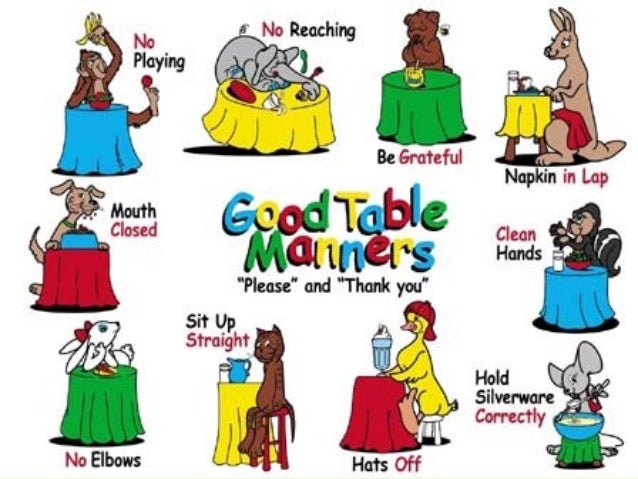
2) Appreciate What You Have
Whether you are super wealthy or barely getting by, it is important to remind your kids to be grateful for what they have.
My husband does a great job of pointing out the little things to our kids all the time. Warm pajamas, healthy food, bikes, great teachers, helpful neighbors, the ability to walk: all of these things are so easy to take for granted.
Help your kids notice the little things. Having an attitude of gratitude is contagious and makes you appreciate the little things.
3) Be Nice
While this may sound overly simple, it’s a great way to live.
I love wearing my “be nice” shirt. We even have a “be nice” sign on our wall at home.
It matters how you treat others.
Be nice to your siblings, be nice to your friends, and be nice to your parents. If you are nice to others, they will be nice to you. How…nice!
4) Be Safe
Regardless of your stance on guns, as soon as your kids start going to other people’s houses, you need to talk to them about gun safety.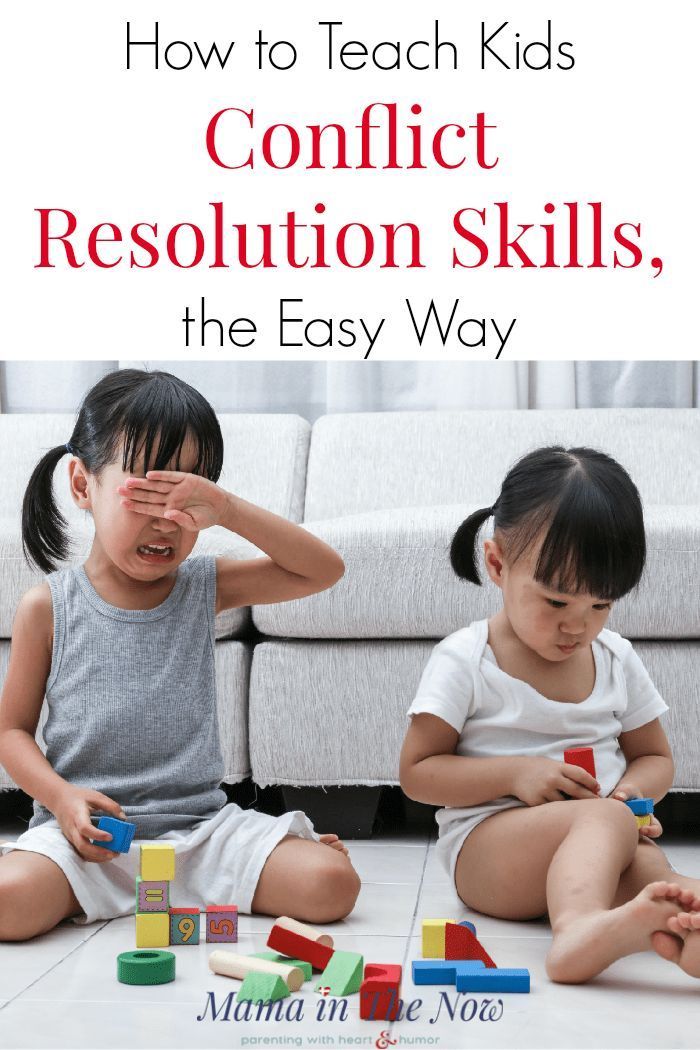
Lots of people have guns in their homes and lots of people do not have them locked up. It is hard for children to understand how dangerous guns are. Tell them (more than once!) what they should do if one of their friends wants to show them a gun. Go through different “what if?” situations.
Teach them from a young age to listen to that little voice in their head. Tell them, “if something is telling you this doesn’t seem right, listen.” The same is true for alcohol, cigarettes, and a myriad of other scary and dangerous things.
It is important that your kids know what is acceptable and what is not and that you will always be proud of them for doing the right thing.
Make sure kids know your phone number and address!
5) Your Body Belongs to You
This one really ties in with the previous message about safety. While there are some discussions in elementary school classrooms about personal safety and good touch/bad touch, it’s not enough. Parents need to talk to kids about this, too.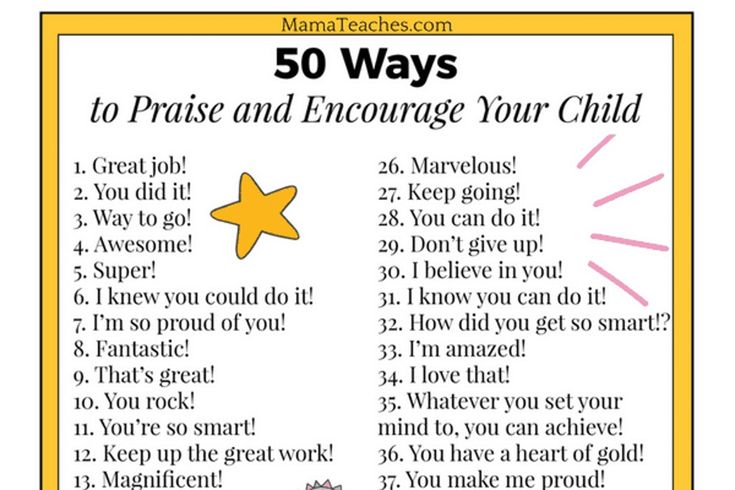
Both boys and girls need to understand that their bodies are private and belong to them.
There is a very small group of people who should be allowed to see children naked.
Funny story: I forgot to mention to my kids that their pediatrician is someone who is on “the list” of approved people. My feisty little daughter just about kicked the poor doctor where it counts during her last well-child visit when he tried to pull her pants down a little bit to feel her belly. Oops!
If you’re wondering what unsafe situations for children look like, read this article about what constitutes abuse and when to report it.
6) Winning is Not That Important
We live in a competitive society. And let’s be honest, everyone likes to win more than they like to lose.
But winning isn’t the only point of competition. It breaks my heart to see kids in my son’s little league division (ages 9 and 10) already smashing bats on the ground, chucking gloves, and crying over a strikeout or a loss.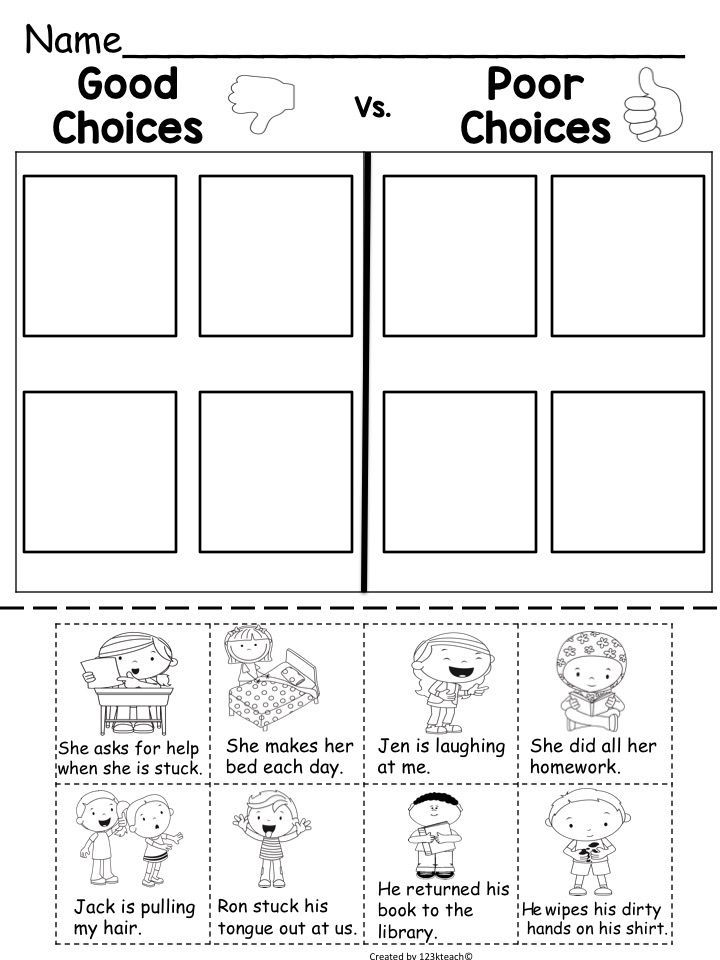
Allow your kids to lose at games and competitions (yes, I know that sounds mean) and teach them how to be a good sport.
Praise hard work, effort, and not throwing a fit when they lose.
Oh, and be a good example yourself!
7) Stand up for What You Know is Right
Teach your child to listen to that little voice in his or her head that tells them whether something is a good idea. And teach them to stick up for others who are being mistreated.
One of my proudest mom moments was when my 5-year-old daughter saw some kids being mean to her friend at the park and she marched right over to them, said, “You leave my friend alone!” and took her friend over to another part of the playground.
Do the right thing. Always.
8) Choose Good Friends
This is a tough one. Once your kids enter elementary school, they start to navigate the surprisingly tricky social world of childhood friendships.
I encourage my kids to have a lot of different friends.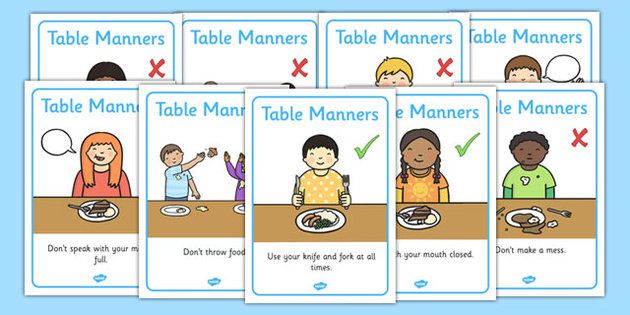
While having a best friend sounds like a great idea, it’s really not when kids are young. Being completely wrapped up in one individual isn’t very healthy. If your child has a friend who they are getting into trouble with, try to get them to understand how that might not be good for them.
The more you can talk your kids through those situations (rather than telling them who they should and should not be friends with), the better off they will be in the long run (hopefully!).
9. Be Creative, Go Outside, Get Dirty
It saddens me to hear how many hours kids spend in front of screens. Video games have become a full-time job for so many.
While I enjoy playing the Wii as much as anyone (though my husband said I am about to be cut off because of my language when I play Mario Kart!), have limits. Take a family walk or a bike ride. Have a picnic at the park. Let your kids play in the mud. Plant a garden. Go catch frogs. Finger paint. You get the idea.
Again, you have to set a good example for this.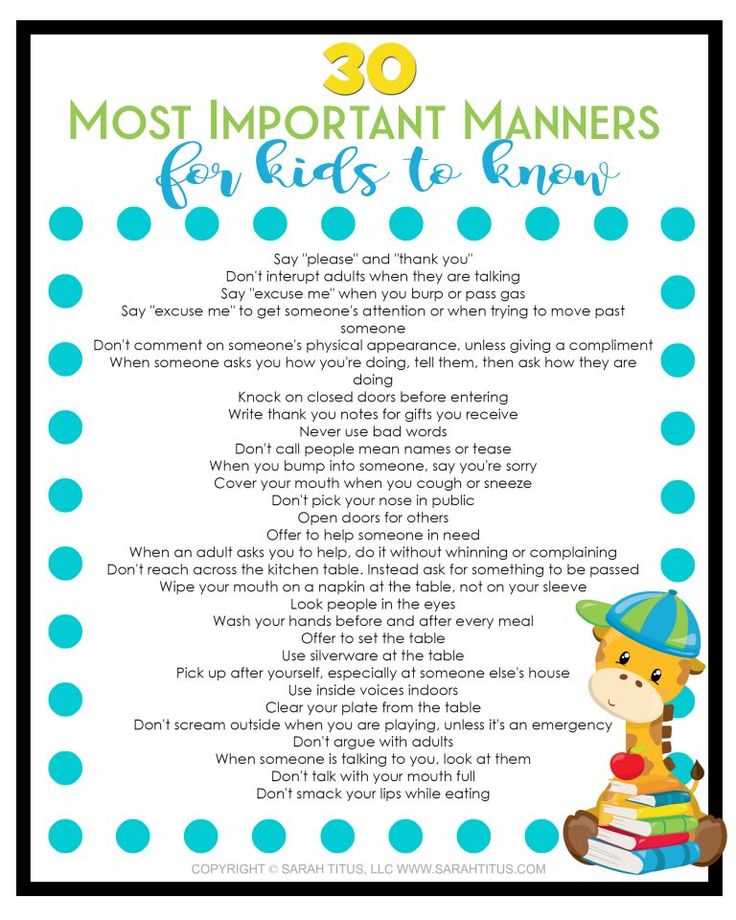
10) Do What You Can to Make Things Better in the World
While you shouldn’t expect your kids to be raising thousands of dollars for charity or volunteering every weekend, it’s never too early to plant the seed of doing good in the world.
If you give your kids allowance, have them save part of it in a giving jar. Offer to help a neighbor pull weeds. Pay it forward at the drive-thru. Stop to help someone who has dropped something. Again, when your kids see you doing good for others, they will do the same.
More Great Parenting Advice
Teaching Children Good Manners From Childhood - Child Development
All parents want their children to be well-mannered. Teaching a child good manners is not an easy, but necessary and very responsible task.
Good manners are not the same as good behavior (for example, if a child does not bully at school and does not offend the younger ones, this is a sign of his good behavior). Good manners are the rules of decency to be followed in society.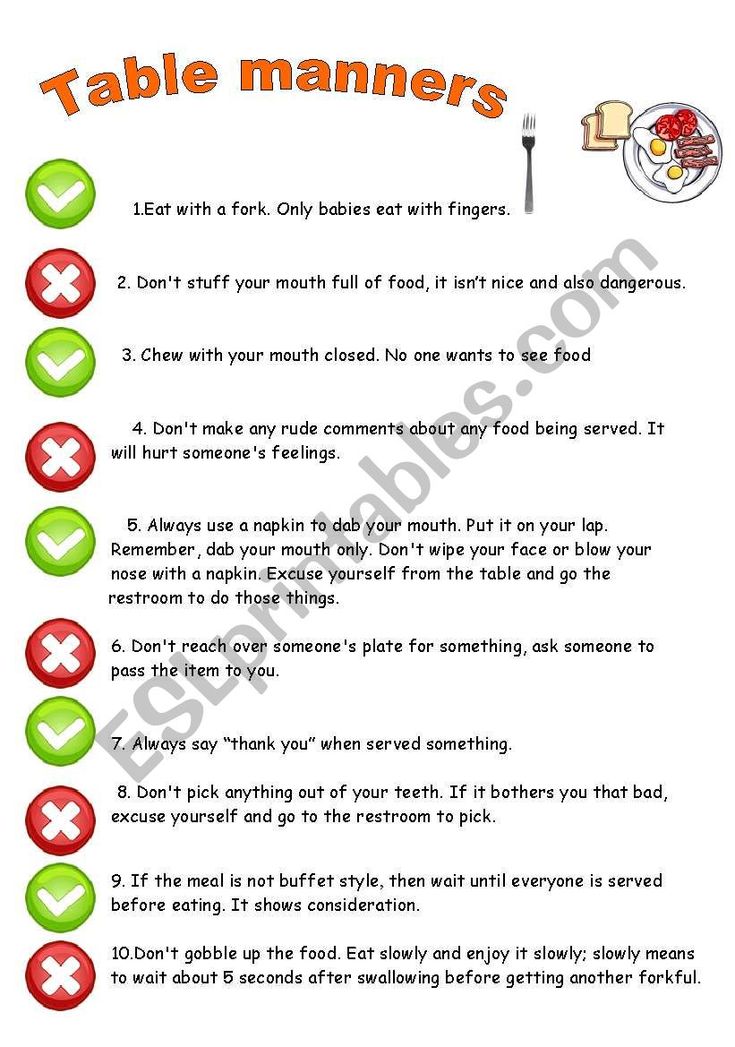 Teach your child good manners - and it will definitely come in handy in adulthood. In particular, the child should be taught:
Teach your child good manners - and it will definitely come in handy in adulthood. In particular, the child should be taught:
1. Saying “please”, “excuse me” and “thank you”
This is one of the basic rules of decorum that a child should learn first. It is these phrases that distinguish a well-mannered child from the rest. Children do not understand the importance of these phrases and that they mean respect for the interlocutor, if the parents do not explain this to them.
It is also necessary to teach the child not to behave arrogantly towards other people, but to treat them with respect and friendliness. nine0003
"I'm sorry" is a simple phrase that can reconcile people who are unkind to each other. Never be ashamed to admit your mistakes and apologize if you are wrong. Teach this to your child too.
2. Say hello politely
Always teach your child to say hello politely when someone enters the room or when he sees another person for the first time. Teach your child to say hello first, even if the other person doesn't. Such behavior on the part of the child is a sign of friendliness and respect for the interlocutor. nine0003
3. Talk politely on the phone
Teach your child not to speak too loudly when answering the phone. First, he should greet the interlocutor, and then listen to him without interrupting, and only then answer. These are the rules of telephone etiquette.
4. Do not interrupt the interlocutor
Children are impatient by nature, but parents should teach them patience. This implies, among other things, that you cannot interrupt the interlocutor during a conversation. Explain to your child that it is impolite and rude not to let the person finish their thought. If the child does this automatically, tell him, “Please don't interrupt. Let me finish." nine0003
5. Answer questions politely
When adults come to visit you, they usually try to talk to your child and ask him questions. Teach your child to respond politely.
Teach your child to respond politely.
Sometimes it happens that a child does not pay attention to adults and does not answer their questions. It is not polite. Even if your child is shy, teach him to smile and give a short answer in response to guests' questions.
6. Correct table manners
Family dinners can be a great opportunity to teach your child table etiquette. First of all, teach your child to set the table.
Each family has its own traditions of how to start a family dinner. However, in any case, you should not use mobile phones or any other electronic devices at this time. Use this time to connect with your family.
Also teach your child the following rules:
- always wash your hands before eating; nine0054
- do not talk while eating and chew with your mouth open;
- if the child wants something to be passed to him from the other side of the table, you need to say, for example: "Pass me the salt, please.
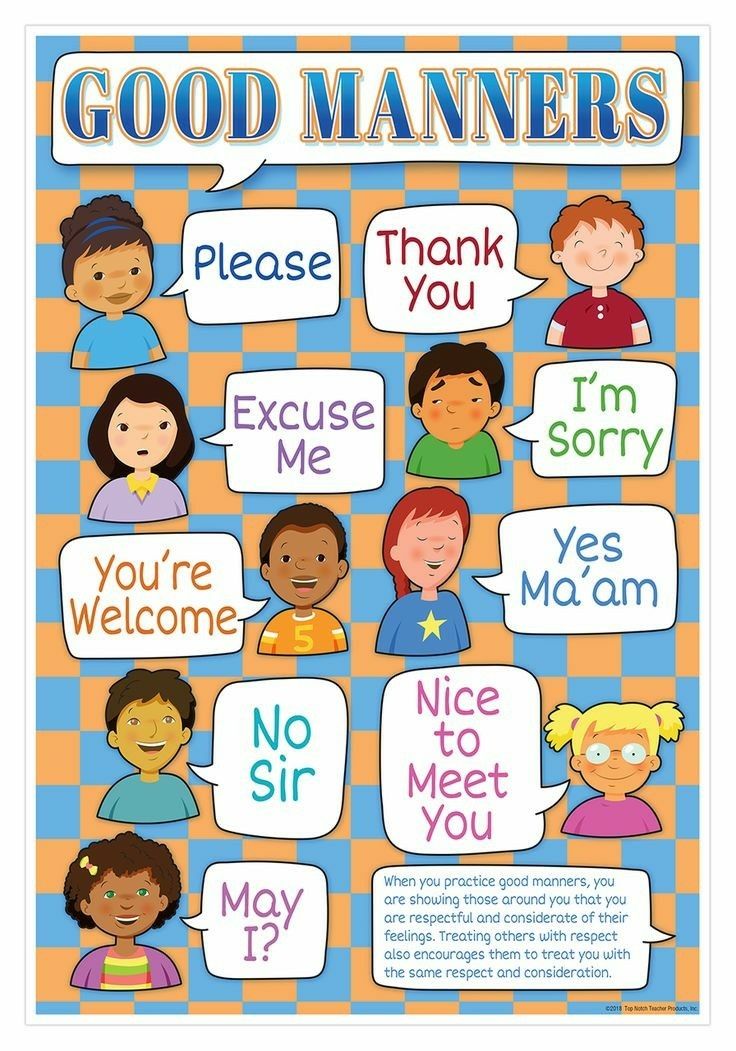 " Rising from the table, you should say "Thank you";
" Rising from the table, you should say "Thank you"; - If a child at the table wants to sneeze, you should turn to the side to your shoulder and cover your mouth and nose with a handkerchief. If there is no handkerchief, you should cover your mouth and nose with your hand, and then wash your hands;
- if a child has dropped a piece of food on the floor, do not pick it up; nine0054
- if the child has eaten and wants to leave the table, he must ask the parents for permission, then put away the cutlery and only then leave;
- do not scold the child at the table, do not use phrases like "I told you so!". Just tell your child what he should do - and the family dinner will take place in a more relaxed atmosphere.
You should teach your child about table etiquette before you start having dinner with your family in cafes or restaurants or before your child starts visiting friends for birthdays. If a child knows how to handle cutlery, napkins and knows how to behave at the table, this will save both him and you from many awkward situations.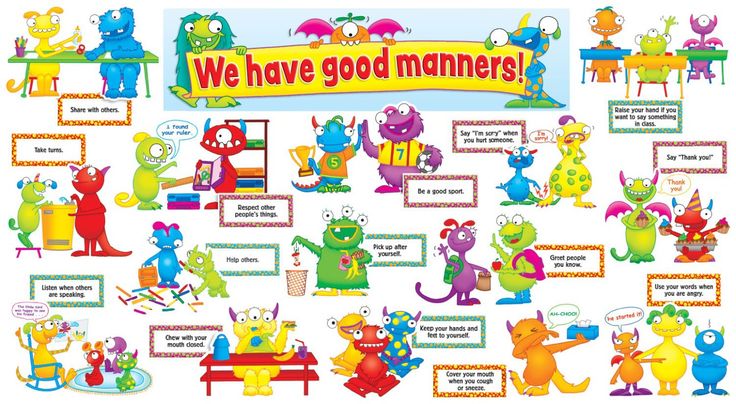 nine0003
nine0003
7. Behaving properly at the cinema or at concerts
Going to the cinema with your child is an excellent opportunity to teach him the rules of behavior in public places.
The child must shower and eat before leaving the house. During the session, the child should sit quietly, and if he wants to say something to you, you need to do it in a whisper.
After that, you can take your child to the theater and concerts. Explain to the child that he should calmly watch a concert or play. Tell us what intermission is and what the usher's job is. Also explain that chewing gum, using a mobile phone, or dangling your legs under the seat is not allowed during the concert. nine0003
8. Do not use swear words in your speech
A very simple rule applies here: if you use swear words in your speech from time to time in the presence of children, children are likely to start using them too. The problem is that they do it in the most inopportune situations.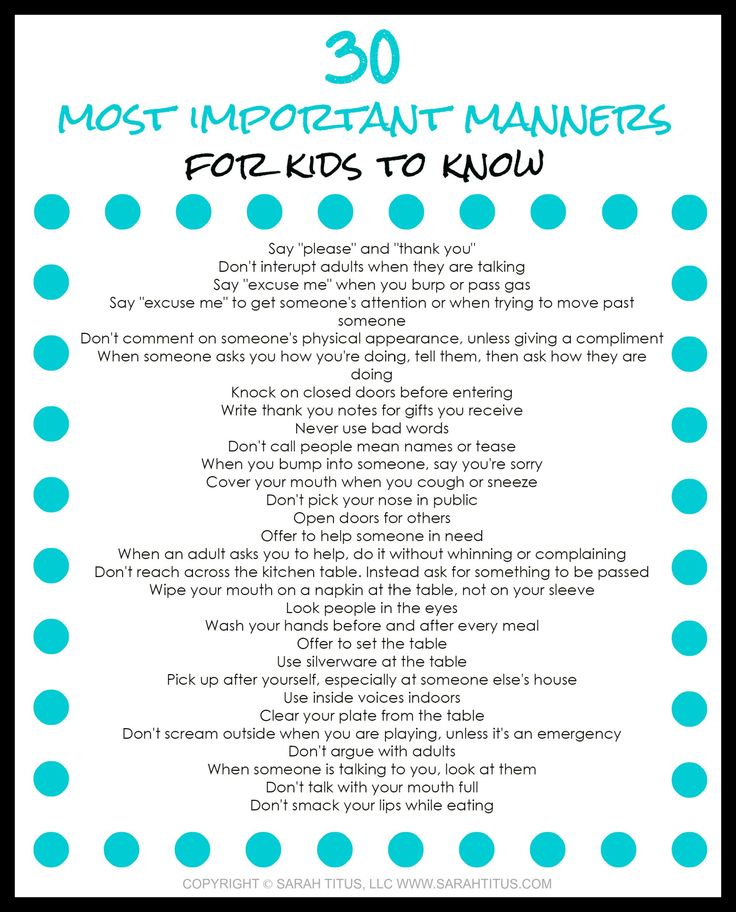 Therefore, the best way to prevent this is to be attentive to your speech.
Therefore, the best way to prevent this is to be attentive to your speech.
Sometimes children simply do not understand the meaning of swear words, and a simple explanation is enough for parents (this can simply shock the child). nine0003
9. Using electronic devices correctly
This is especially difficult because parents often set a bad example for their children. However, you can change your habits and thus affect the child. Obviously, there are certain situations and places in which the use of electronic devices is unacceptable (for example, during meals, at the cinema, at concerts, weddings, in church, at school, etc.). And, of course, you should not use your phone when you are driving, because it is simply dangerous. nine0003
Teaching a child good manners can sometimes be difficult. This will require a lot of time and patience from you. But, if a child masters them from an early age, this will greatly facilitate his life in the future.
Teaching a child good manners - Psychology
Children
It is a proven fact that no matter how much you bring up a child, he will repeat everything after his parents.
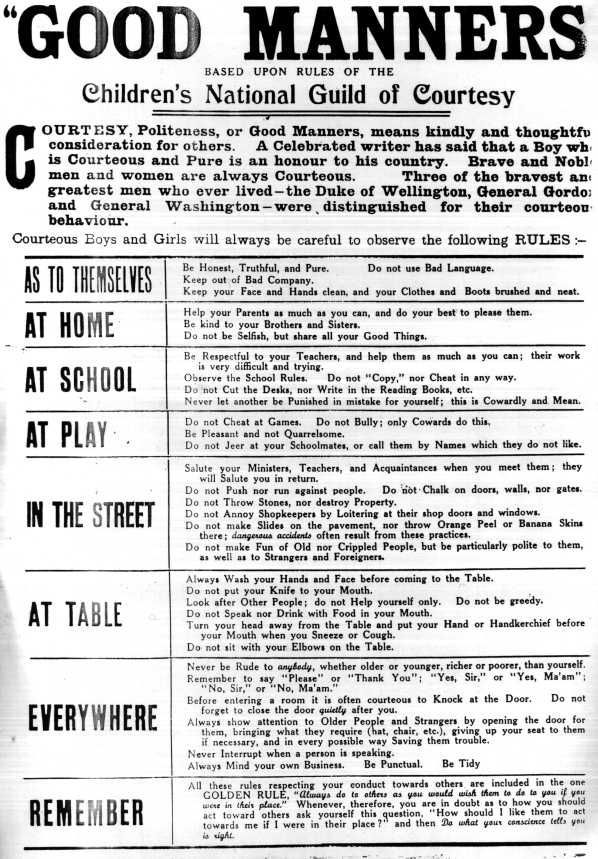 Does it make sense to instill good manners in him? Or is it enough to create conditions for their development?
Does it make sense to instill good manners in him? Or is it enough to create conditions for their development? No matter how much you bring up a baby, he will repeat everything after his parents. Does it make sense to instill good manners in him? Or is it enough to create conditions for their development? Practical recommendations from Russian and foreign mothers. nine0003
July 8, 2013 04:55 PM
How to instill good manners in a child? Photo: Fotolia/PhotoXPress.ru.
It is difficult to imagine a full-fledged upbringing of a child without teaching good manners. Let's define the concepts: good manners - what is it?
First of all:
- Neatness (personal hygiene, behavior at the table, respect for things, taking out the trash).
- Polite speech (greeting, saying goodbye, thanking, asking for forgiveness). nine0054
- Sympathy (condescension for the younger, animals).
- Tolerance (calm and respectful attitude towards those who are not like you: people of a different nationality, level of education, wealth, etc.
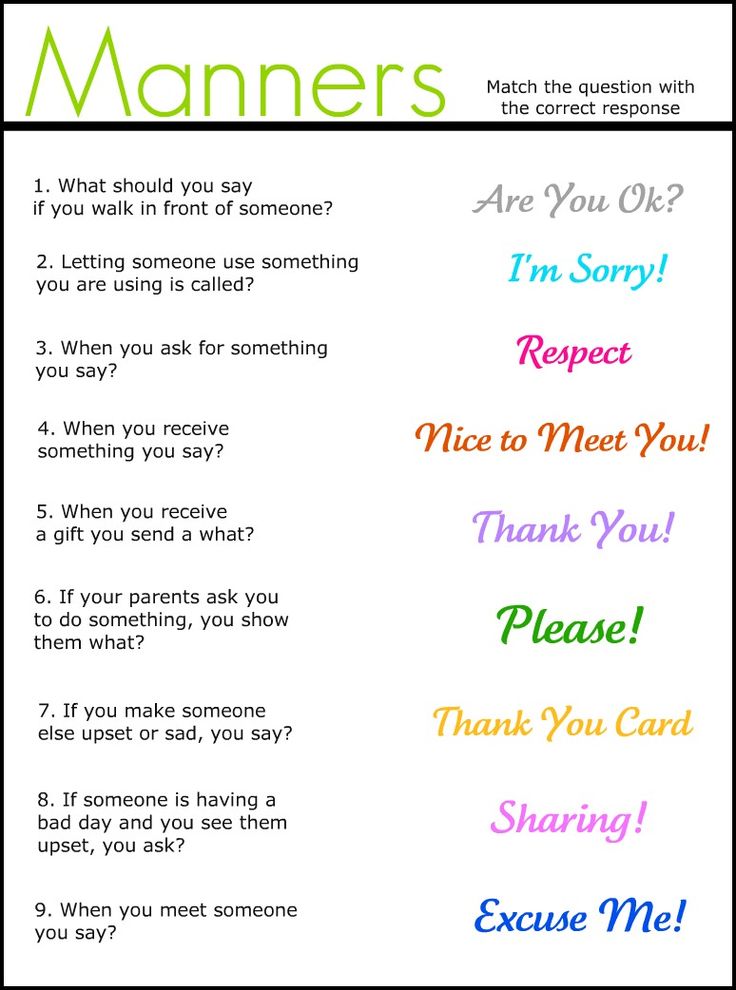 ).
). - Communication culture (respect for elders, for a woman, the ability to offer one's help).
Psychologists say that awareness is very important in the actions of parents. When communicating with a child, it is enough to keep in mind the answers to two questions: "What am I doing?" and "Why am I doing this?" So why do we need good manners, why is it so important to instill them from an early age? Every year there are more and more dissimilar people in our society. If a person from an early age learns to be benevolent, to observe those norms of behavior that are easier to express precisely through good manners, then in the future he will easily adapt to any social environment, will be able to build relationships in a team, and will be self-confident. nine0003
How are they? A kaleidoscope of observations
Most foreigners are extremely polite, which they strive to pass on to their children. For example, a one and a half year old kid from Berlin knows one word for sure - Danke (thank you). A familiar Scottish father also teaches his daughter Sophie to thank, she is only nine months old. But this is not a problem, because she can tilt her head and smile. Two-year-old Leonardo from Venice, looking at his parents, is already learning how to handle a fork and knife. Two-year-old Alexandra from Sri Lanka is taught to eat not only with utensils, but also with her hands. They are so accepted. In Sri Lanka, children from the cradle are taught to take care of all living things, to try not to offend anyone. They also teach how to treat elders with respect. So, all the grandmothers here are called Achchi, it doesn’t matter if she is related to the child or not. In Germany, mothers often refer to their children using a conditional tense construction (Konjunktiv II). It turns out an extremely polite appeal, it will sound something like: “Could you put your toys away?”. Germans are used to communicating like this and rarely ask each other for something directly. nine0109 Good manners that begin with "no" particles.
 Here is the international minimum for the title of "little gentleman or lady". Not allowed:
Here is the international minimum for the title of "little gentleman or lady". Not allowed:
1. Pick your nose.
2. Sniff.
3. Pick something out of the nails.
4. Put your feet up on the table.
5. Talk with your mouth full.
6. Rocking on a chair.
7. Fight for no reason.
8. Select toys.
9. Taking other people's things without asking.
10. Interrupt the speaker.
11. Talking loudly in transport, discussing passengers. nine0003
Russia: moms are talking
All the moms I interviewed agree on the main thing: you have to start with yourself. It is impossible to teach a baby to fold his toys if his mother's jars of cosmetics have proliferated around the apartment. Many mothers say that teaching good manners is difficult to separate from education in general. During the day, if a mother lives in close contact with the baby, she will always draw his attention to how she wipes her feet on the rug at the door, where to throw the candy wrapper and what to do when you sneeze.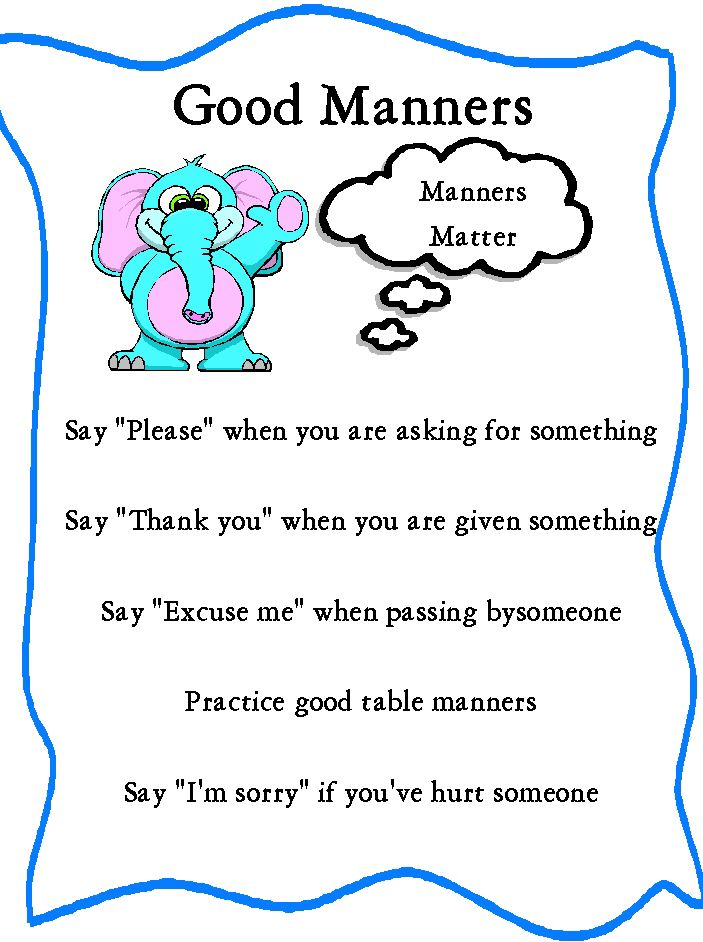 It is quite possible to teach a child simple rules without any coercion, periodically focusing on their behavior. nine0109 Children are always delighted if they are spoken to in the language of fairy tales. Therefore, mothers switch to the language of allegories and magical stories. Or they turn to professionals for help, because a lot of instructive tales, poems, cartoons and performances have been created on the topic of good manners. These collections are perfect for preschoolers, from three to seven years old. There are also those mothers who are sure: you should not rush the nature of the child - as the brain matures, he himself will reach everything. It is important for them to create an atmosphere of unconditional love and acceptance. They make the boundaries of what is permitted invisible, do not prevent the expression of any emotions. In a word, under no circumstances do they break the baby and do not adjust it to the standards. Such parents, having created all the conditions for development, step aside.
It is quite possible to teach a child simple rules without any coercion, periodically focusing on their behavior. nine0109 Children are always delighted if they are spoken to in the language of fairy tales. Therefore, mothers switch to the language of allegories and magical stories. Or they turn to professionals for help, because a lot of instructive tales, poems, cartoons and performances have been created on the topic of good manners. These collections are perfect for preschoolers, from three to seven years old. There are also those mothers who are sure: you should not rush the nature of the child - as the brain matures, he himself will reach everything. It is important for them to create an atmosphere of unconditional love and acceptance. They make the boundaries of what is permitted invisible, do not prevent the expression of any emotions. In a word, under no circumstances do they break the baby and do not adjust it to the standards. Such parents, having created all the conditions for development, step aside. They only carefully observe how their child gradually turns into the same well-mannered person as they are. nine0003
They only carefully observe how their child gradually turns into the same well-mannered person as they are. nine0003
Workshop. Tips from Experienced Parents
Start with yourself. Pay attention to your behavior and appearance, to your home, to your relationship with your husband and family. Requirements for children begin with requirements for oneself.
Support all the child's endeavors. My friend Timofey is only 3.5 years old, but he is happy to help his mother cook: he beats an egg, smears the cake layers with cream. His peer, Svyatoslav, takes up the mop himself. These kids are not yet four, but how proud they are that they can do adult things! Take a closer look at your child, select a task for him to his liking. And in the end, be sure to praise, regardless of the result. nine0109 Tales, cartoons, performances. Here it is important not only to read, show, take away, but also discuss. Who are the positives, who are the negatives? What would a child do in the place of the main character? Then everything perceived will be better assimilated.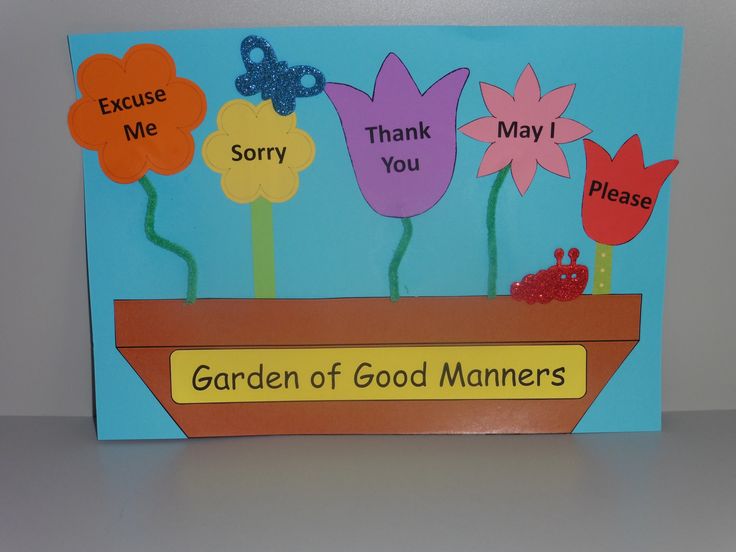 For example:
For example:
The performance "Yevseyka and five magic gems" will fix polite words in the mind of the kid.
Fairy tale-game "The ABC of Politeness" by Lyudmila Vasilyeva-Gangnus will help to instill social behavior skills in a preschool child. The author addresses both the child and the parent. nine0109 Cartoons about Leopold the Cat are a great example of kindness and friendship.
Animation (or book) by V. Suteev "A bag of apples" will teach a child to be generous, not to be greedy.
S. Marshak's poem "A Lesson of Politeness" can be learned by heart and recited at the right moments.
Arrange holidays. On any topic, say "The Day of the First Green Leaf". While preparations are underway for the celebration, you can learn: cleaning and decorating the apartment, preparing treats, setting the table, welcoming guests, and general children's games. Such undertakings will teach the child to behave properly with people, to stay at the table, to receive guests. I adored such holidays, prepared for them for a long time, consulted with my mother, came up with surprises and contests. nine0109 Joint deeds will instill in the child a love of work. It is better when a girl helps her mother, and a boy helps her father. For example, my daughter always helps me load and unload clothes from the washing machine, starting at two years old. Sons with dad can make a bird feeder, fix a broken shelf. To get started, it is enough to bring and hold the tools.
Let the baby mature. From the age of two, Maxim brings a chair to his grandmother when she comes to visit. Maxim's mother never asks him for anything: watching her, the boy gradually takes over the initiative. nine0109 Simulate situations. You and your baby will have to go to the theater or a long journey, where the atmosphere is unusual and there are their own rules of conduct. Or he periodically offends children on the playground. Then this method is for you. Speak the scenario of the upcoming event, and then role-play it.
Be aware that children often behave inappropriately when they lack attention. Although it is difficult, keep inner peace, tune in to the fact that the child will behave well. Be forgiving. Because a baby can forget to wash his hands if he is full of impressions from a walk, because of fatigue he is not able to brush his teeth himself. Offer to put the toys away together, usually the child is happy to do this with his parents. Whatever you choose, don't expect quick results. Love your child and do not forget: you are the main example for him. nine
Be forgiving. Because a baby can forget to wash his hands if he is full of impressions from a walk, because of fatigue he is not able to brush his teeth himself. Offer to put the toys away together, usually the child is happy to do this with his parents. Whatever you choose, don't expect quick results. Love your child and do not forget: you are the main example for him. nine
Tatyana Tikhonova
How to make a wedding film yourself
Useful life hacks from director Oksana Nechaeva
Do we really want to lose weight?
Psychologist Vera Afanasyeva - about seven reasons why the weight does not go away
Petrosyan’s young wife bared her impressive breasts in front of the public: “I’ve never done anything like this”
Tatyana Brukhunova has never shown herself in such a frank image before sea, beaches and all inclusive hotels. However, everyone who has been here remembers this place as one of the most amazing adventures
Pictures of the week: Daineko showed her new husband, Snigir came to the premiere without Tsyganov
The most interesting events from the world of show business - in the new exclusive video review of WomanHit.

